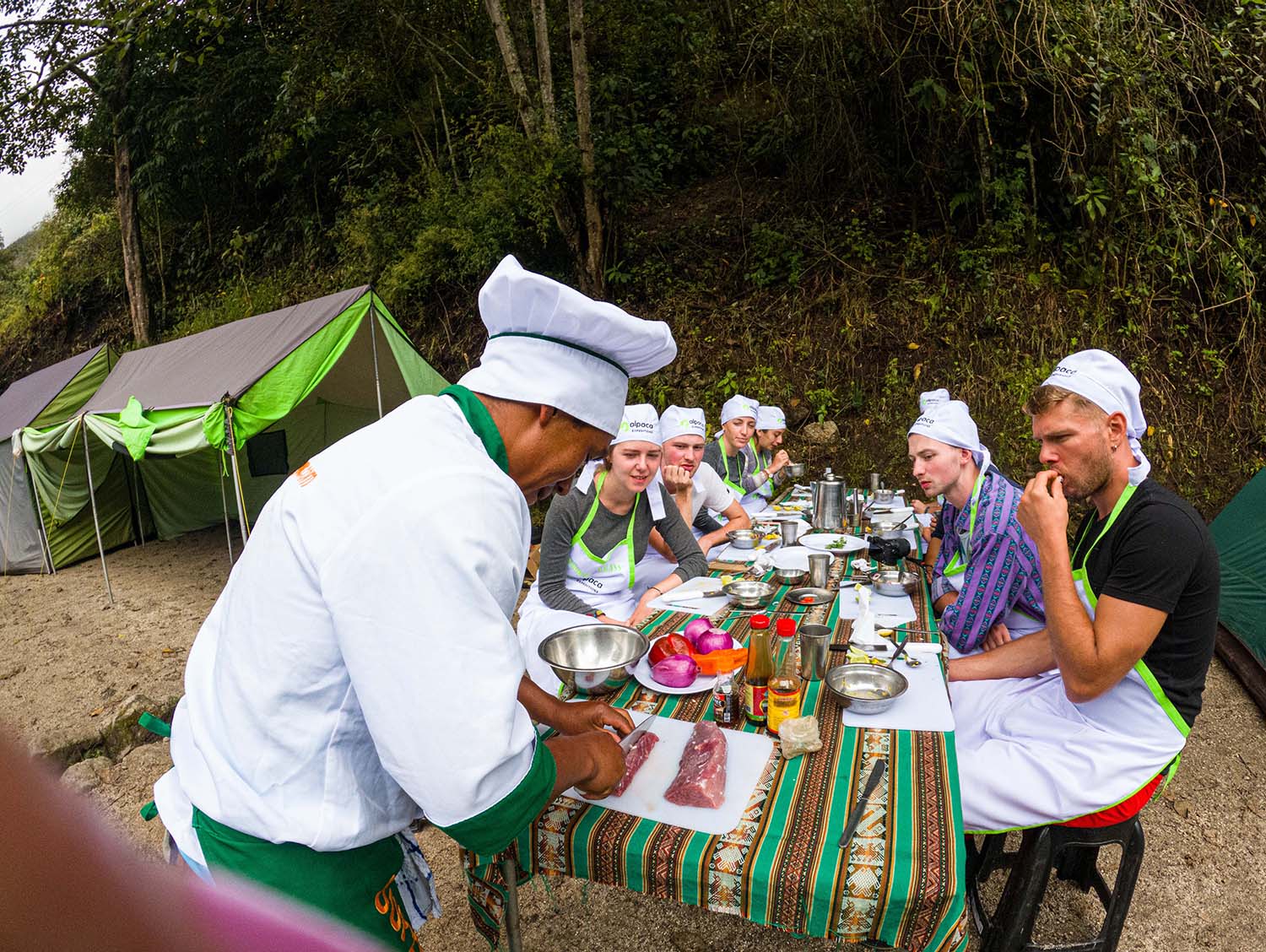The Queuña (or Qiwiña, as it is known in the native language of Quechua) is the only surviving tree indigenous to the high Andes, growing at altitudes of up to 14,750 feet (4,500 meters). It is known to be one of the most cold-hardy trees in the world.
The Queuña also serves strong ecological functions. It helps to regulate climates, prevent soil erosion and helps by providing a filtration system which helps to feed the natural springs. The forests of these native trees also provide a natural environment that supports the flora and fauna that are unique to these ecosystems – as many as 110 species of birds and 9 species of mammals, including the puma and tiny Andean deer.
And one of the key benefits of this indigenous tree over the imported eucalyptus is that it requires a mere 5% of the water to sustain it as does the eucalyptus, a major consideration in this area which is rain-starved for 10 months of the year.
Alpaca Expeditions also made donations of other plants to individual families to plant on the land around their homes. We are teaching the children to be patient and understand the sustainability of working with their native trees. And we treated them to a little holiday cheer with gifts of T-shirts and Arroz con Leche, a sweet dessert made with rice and milk. Alpaca Expeditions is proud to make this contribution to help support our porters and their families, and to make a difference in our world.
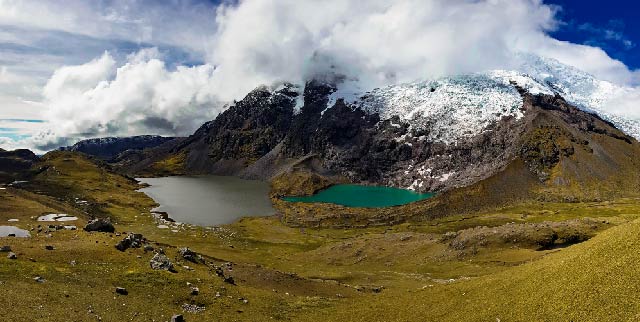

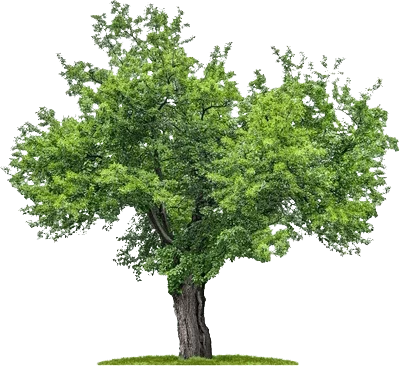
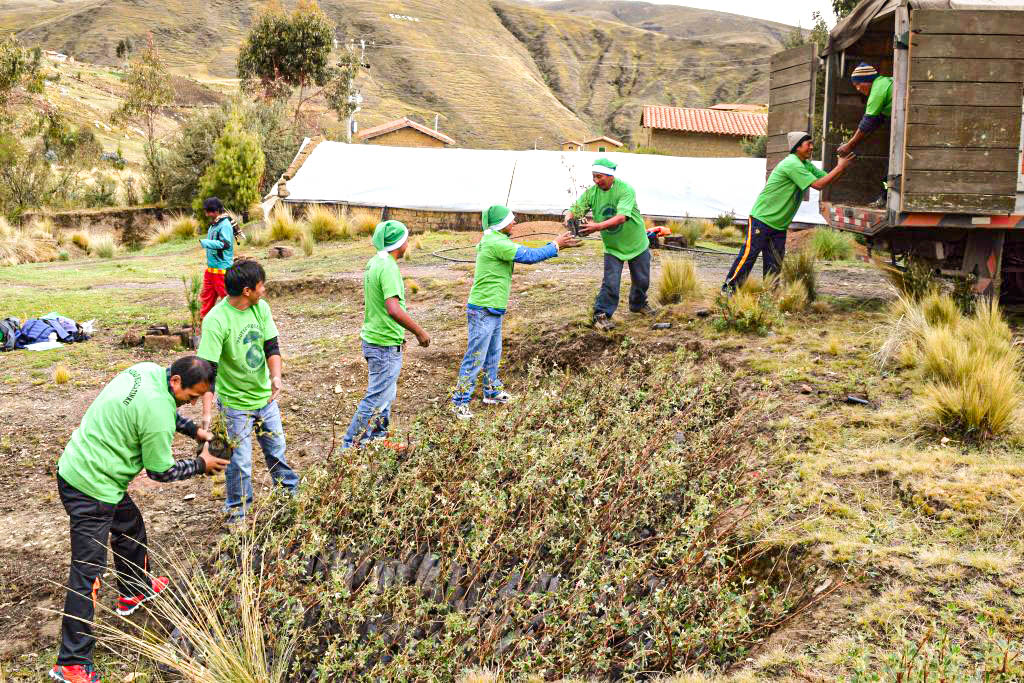
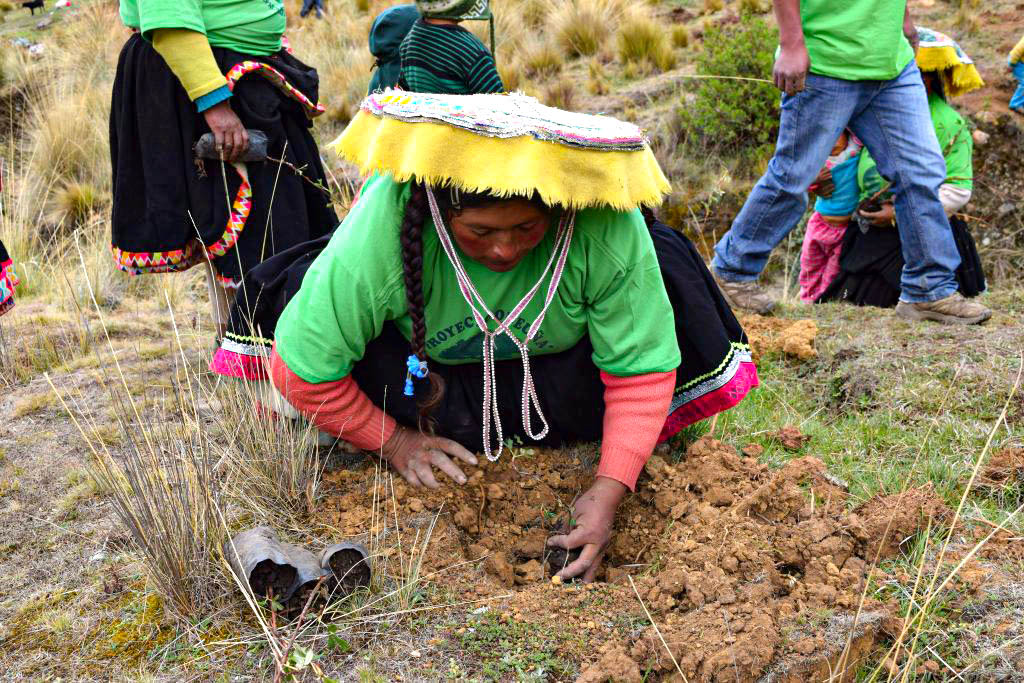
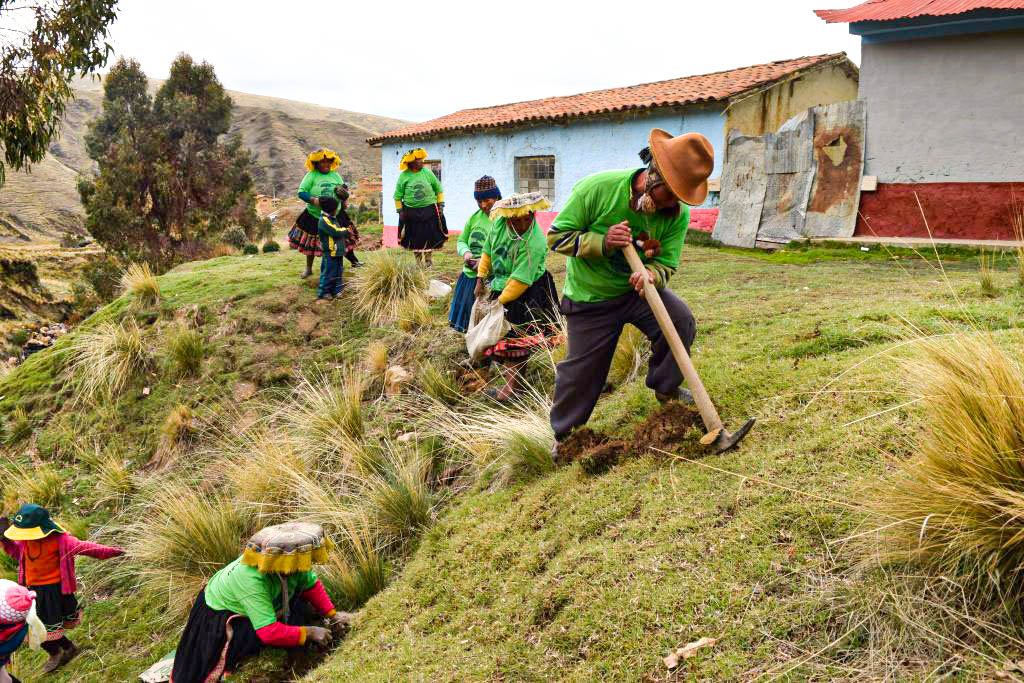
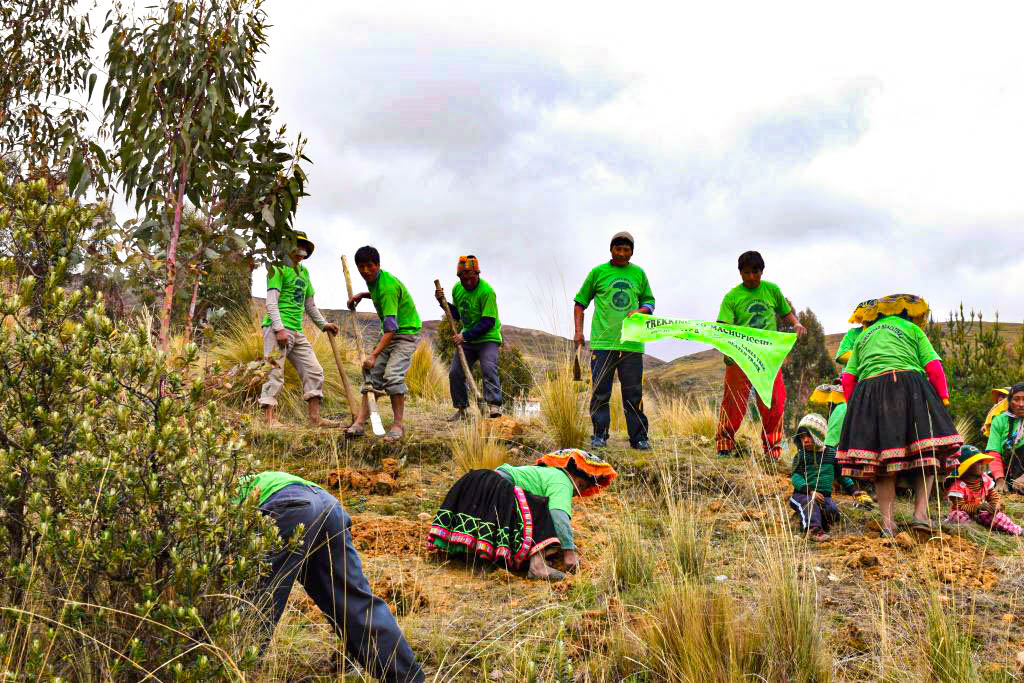
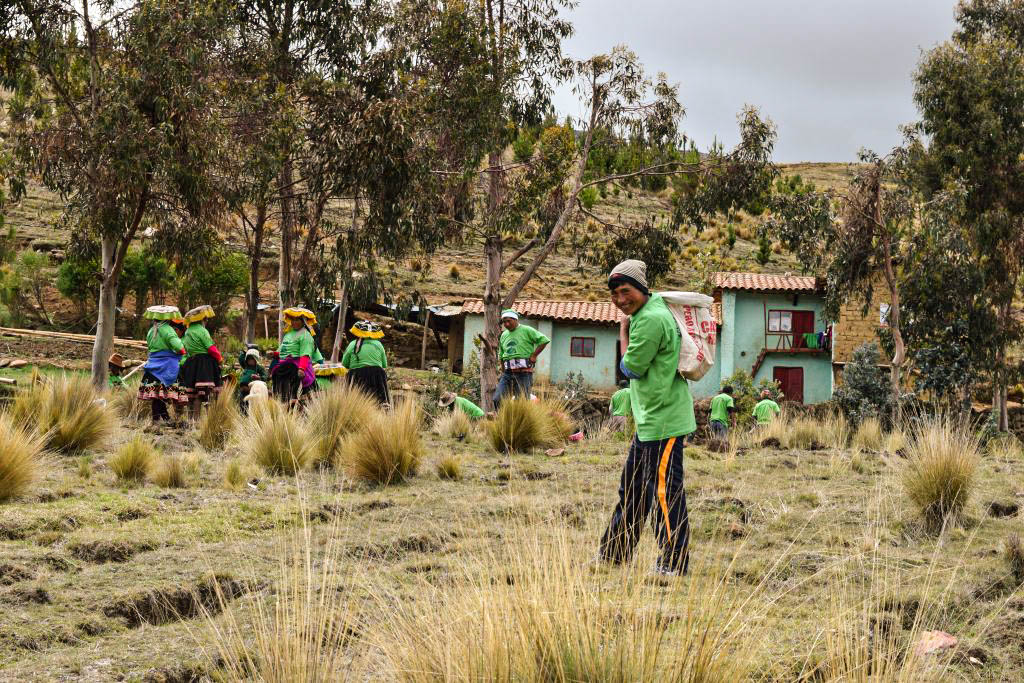
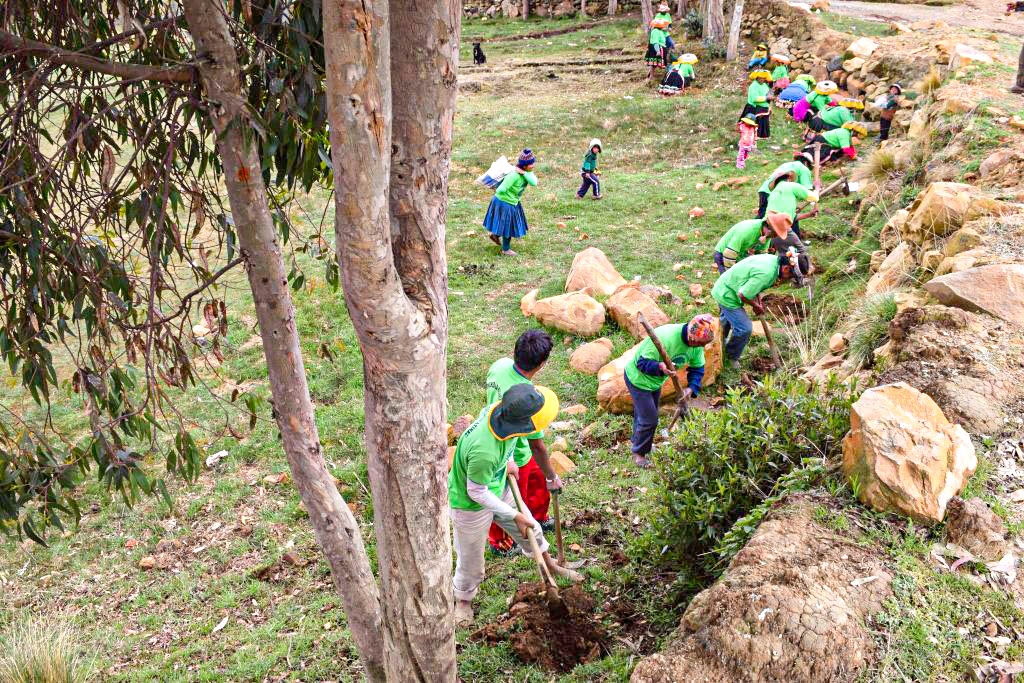





















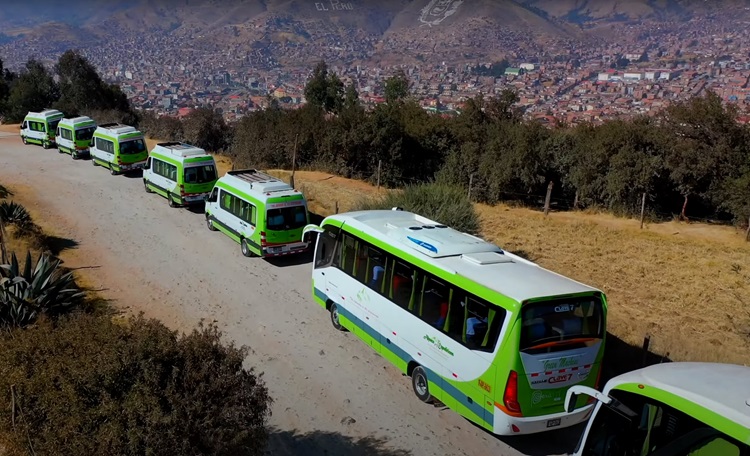
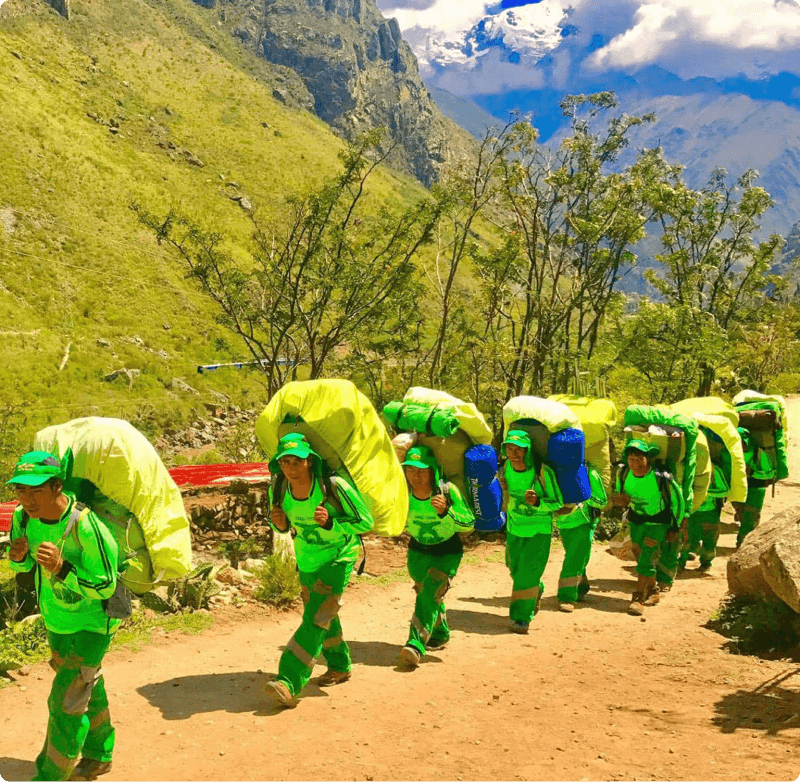 Porters will carry up to 7 kg of your personal items, which must include your sleeping bag and air mat (if you bring or rent one). From us, these two items weigh a combined total of 3.5 kg.
Porters will carry up to 7 kg of your personal items, which must include your sleeping bag and air mat (if you bring or rent one). From us, these two items weigh a combined total of 3.5 kg.